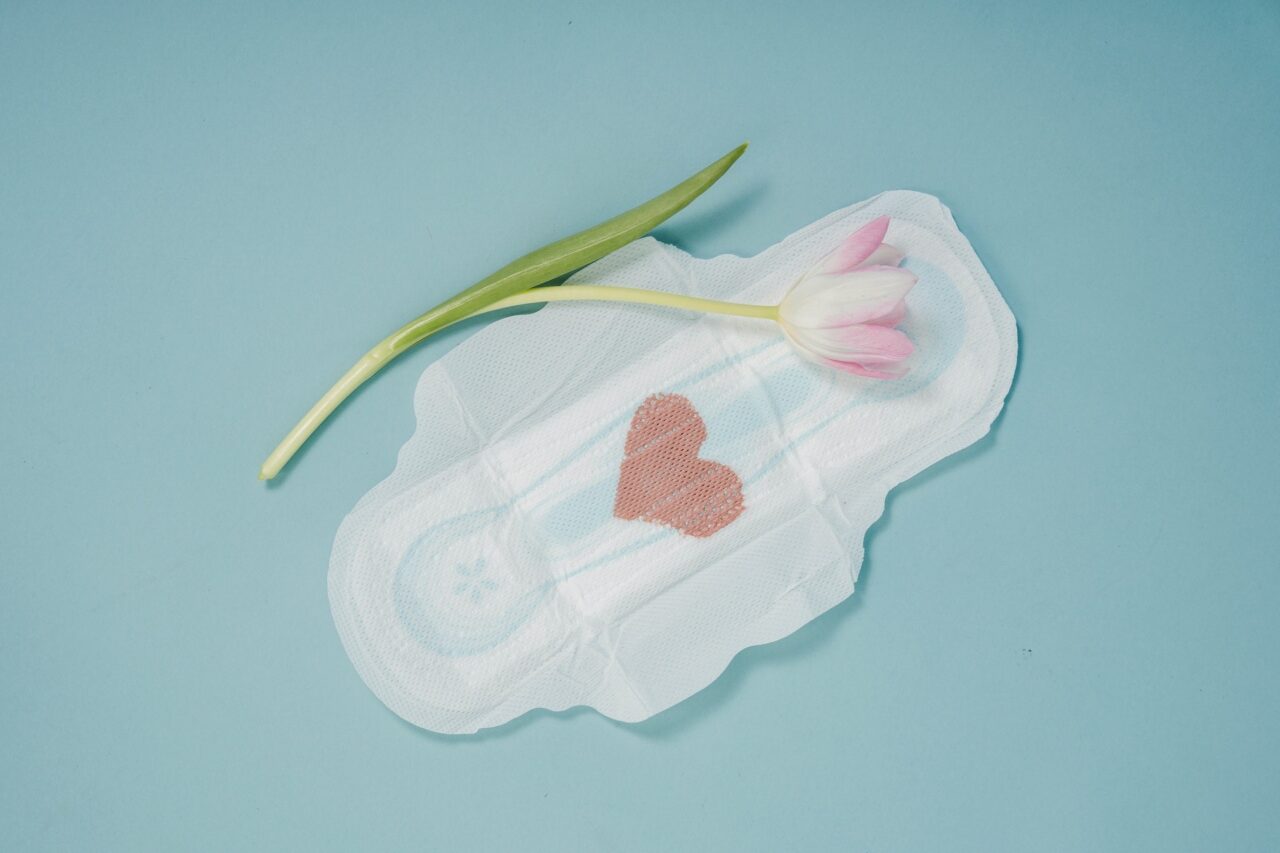Menstruation is a natural and healthy physiological process that marks the beginning of a woman’s reproductive years. It is the monthly shedding of the uterine lining, resulting in the discharge of blood and tissues through the vagina. A woman typically experiences menstrual cycles from the age of menarche, or the first period, which can occur between the ages of 8-13, to menopause, or the last period, which can occur after the age of 45. During the menstrual cycle, it is crucial to maintain menstrual hygiene and engage in practices such as using clean and hygienic sanitary products and disposing of them properly.
There are several types of menstrual products available in the market today, including sanitary pads, tampons, menstrual cups, and more. Choosing a menstrual product depends on individual comfort and preference, but the most important factor is to ensure that it is regularly changed or washed and disposed of hygienically. In addition to promoting physical health and preventing health problems such as infection and toxic shock syndrome, maintaining menstrual hygiene is also important for mental health and reducing the stigma and shame often associated with menstruation.
To understand menstruation, it is important to understand the four phases of the menstrual cycle. The menstrual phase is the first phase, during which the uterine lining sheds and results in a period. The follicular phase is the phase of egg development, during which the follicle-stimulating hormone (FSH) stimulates the ovaries to produce follicles containing immature eggs. The ovulatory phase is when a mature egg is released from the follicle and travels down the fallopian tube into the uterus. The luteal phase is dependent on whether or not pregnancy occurs after ovulation. In the case of pregnancy, the uterine walls continue to thicken, and the hormone human chorionic gonadotropin (HCG) supports the pregnancy. If pregnancy does not occur, the hormone levels drop, and the uterine wall dissolves, resulting in the onset of a period.
Despite being a normal and natural process, menstruation continues to be shrouded in myths, taboos, and misconceptions. This can lead to feelings of shame, guilt, and embarrassment in many women, making it difficult for them to openly discuss their menstrual experiences and seek help when needed.
Moreover, the lack of access to menstrual products and proper sanitation facilities in many parts of the world exacerbates the challenges faced by menstruators. In some regions, girls may be forced to miss school or work days during their periods, leading to a significant loss of educational and economic opportunities.
To address these challenges, it is essential to promote menstrual hygiene education and raise awareness about the importance of menstrual health. This can be achieved through targeted educational campaigns, the provision of menstrual products and sanitation facilities in schools and workplaces, and the development of eco-friendly menstrual products.
Additionally, breaking down the stigmas and taboos surrounding menstruation can help to normalize the conversation and empower women to take control of their menstrual health. This can be done through initiatives such as Menstrual Hygiene Day, which aims to raise awareness and create a platform for discussions on menstrual health.
In conclusion, menstruation is a natural and essential aspect of women’s health and well-being. By promoting menstrual hygiene and breaking down the stigmas surrounding menstruation, we can ensure that women are able to lead healthy, dignified, and fulfilling lives.
About Saanchi
Saanchi, a training centre operating under the umbrella of the Draupadi Devi Welfare Organization in Odisha. Through Saanchi, we focus on empowering women, differently-abled, and marginalized communities, Saanchi endeavors to provide education, skill development, and sustainable sanitary pad production. The centre offers a variety of programs aimed at promoting self-sufficiency and independence, including skill development workshops, literacy classes, and health awareness campaigns. Committed to making a positive impact on the environment. Its vision is to foster a self-reliant and inclusive community where women and differently-abled are equipped with the necessary skills and resources to lead independent and fulfilling lives.
Support Saanchi: Your support is vital for us to continue our work and help empower the local community. You can support us by volunteering your time, or by purchasing our sanitary pads.


